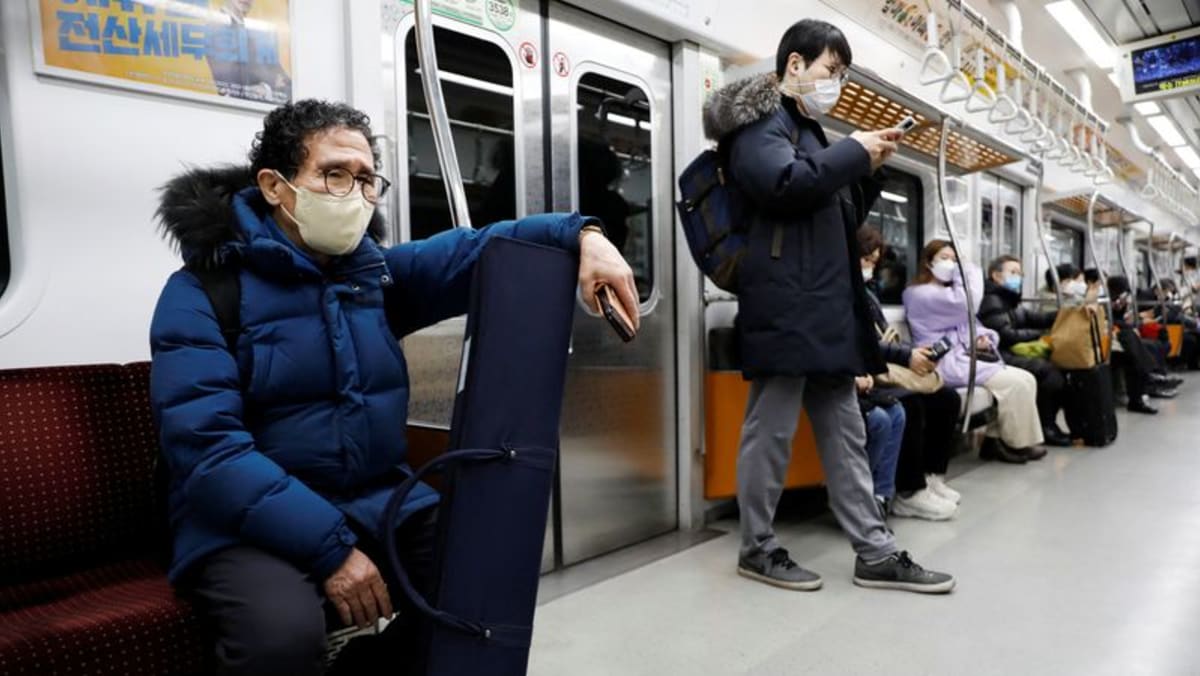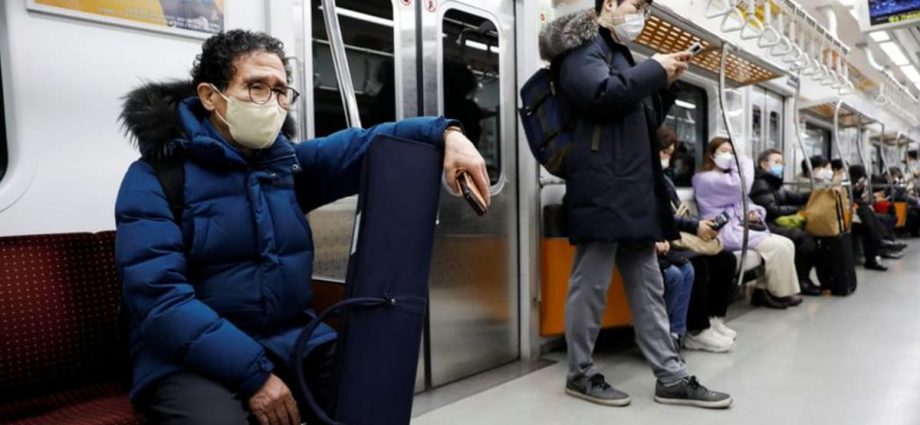
More than 18 per cent of South Korea’s population of 51 million is aged 65 or older. That proportion is projected to hit 30 per cent in 2035 and 40 per cent in 2050, according to the country’s statistics agency.
In the greater Seoul area, where almost 3.7 million people are 65 or older, more than 233 million free rides were taken last year. That cost Seoul Metro some 315 billion won (US$250 million), equivalent to 30 per cent of its debt.
To cope, Seoul unveiled plans in December to hike subway fares for the first time since 2015, by as much as 30 per cent, although free rides for the elderly will remain in place.
Planned fare hikes could only be minimised if “there is at least some state assistance”, Mayor Oh Se-hoon told a news conference last week, noting the free ride policy had been imposed on cities by former military dictator Chun Doo-hwan in the early 1980s.
For its part, the finance ministry says it has funded building and improving subway systems, and the cities should handle operating costs.

